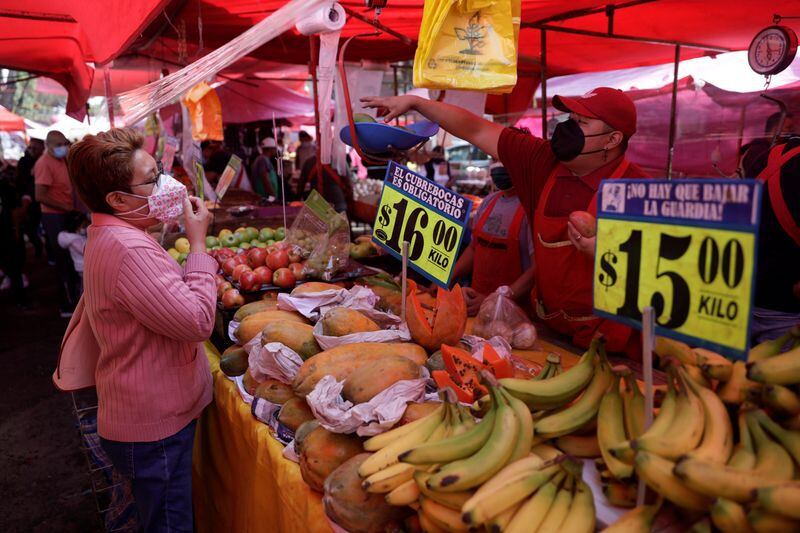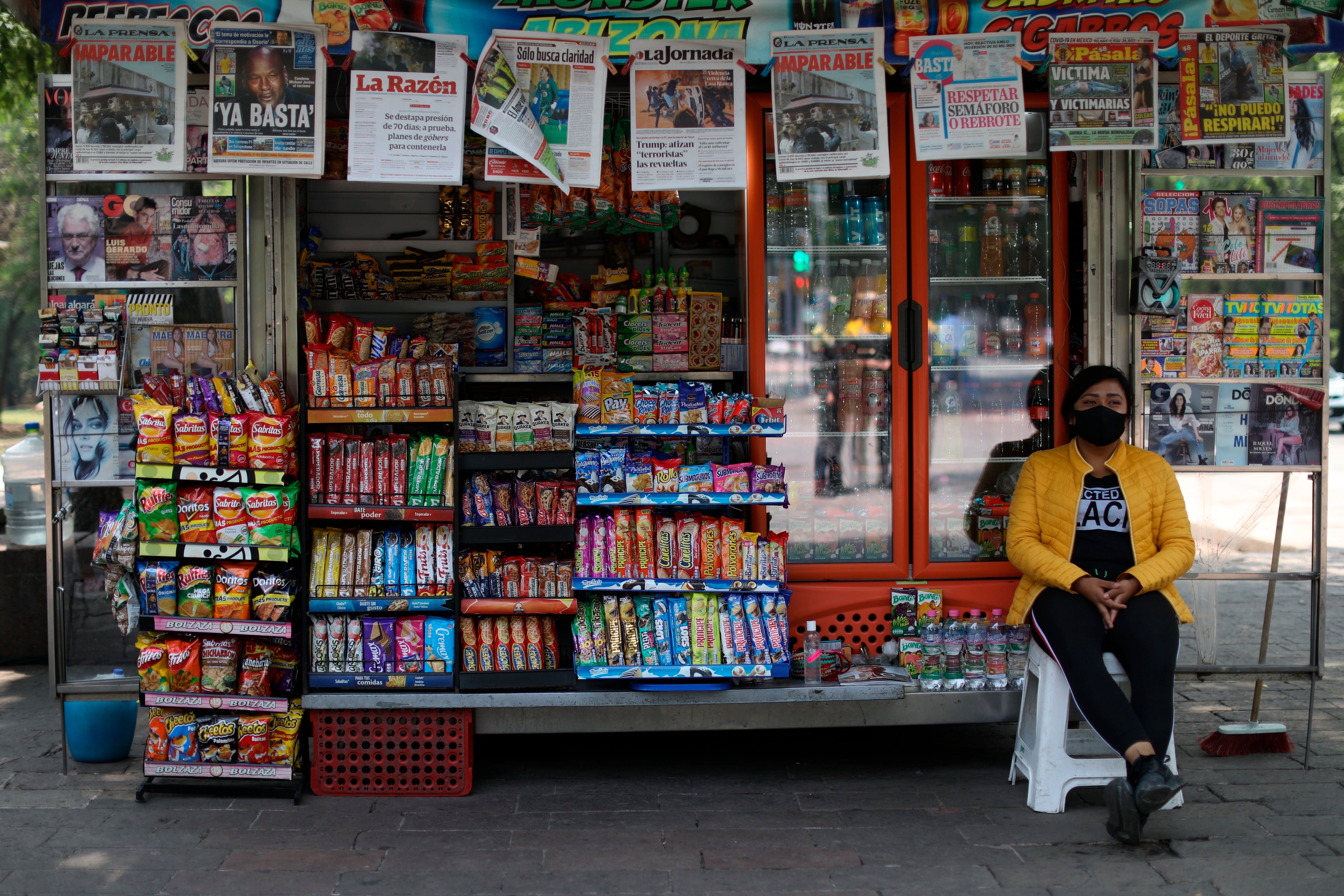:quality(85)/cloudfront-us-east-1.images.arcpublishing.com/infobae/DBWKR6AOZRE5PKXN5452LDPQYI.jpg 420w)
On Tuesday, the International Monetary Fund slightly improved its growth forecast for Latin America and the Caribbean to 2.5% by 2022, amid great uncertainty due to the “seismic waves” caused by the war in Ukraine.
“Overall growth in the region is expected to moderate to 2.5% during 2022—23″, a figure that represents an improvement of 0.1 percentage points over January's forecast for this year, the IMF said in its latest forecasts for 2022.
The agency emphasizes that the changing international situation causes forecasts to be “even more uncertain than usual”.
For Brazil, the largest regional economy, the IMF predicts growth of 0.8% in 2022 (+0.5 points compared to January forecast) and 1.4% in 2023 (-0.2 points), while Mexico, the second regional economy, would grow 2% this year (-0.8 points) and 2.5% next year (-0.2 points).

Latin America and the Caribbean has fewer direct links to Europe than other regions, but it will still be affected by inflation and tightening monetary policies, warns the IMF.
Even before Russia invaded Ukraine, inflation had increased in many economies due to rising commodity prices and pandemic-induced supply and demand imbalances.
Some emerging market central banks, such as those in Latin America, were “already under pressure before the war.”

The shortage of supplies caused by the war “will greatly amplify these pressures, in particular through increases in the price of energy, metals and food,” he warns.
“In emerging markets and developing economies, rising food and fuel prices could significantly increase the risk of social unrest,” warn the report's authors.
(With information from AFP)
KEEP READING:
